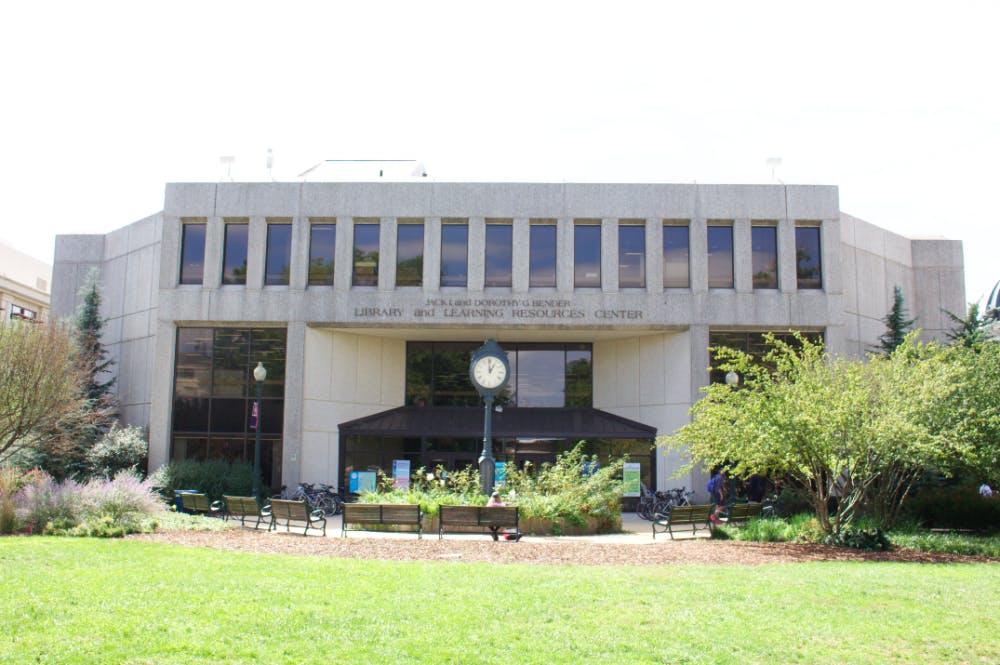American University Student Government and the AU Library announced in an email to the student body on Friday that they are teaming up to help students register to vote, check their voter registration and request absentee ballots for the Nov. 3 general election.
Students received individualized emails with information for registering in their home state, Gwendolyn Reece, an associate librarian, told The Eagle in an email. She said that students can get state-by-state ballot details from the library’s website, which provides specific information on the nuances of requesting a ballot and registering to vote.
Between Sept. 8 and Sept. 13, from 10 a.m. to 7 p.m., the library will offer additional assistance with the process through its live chat, Reece wrote. The initiative is the online continuation of the successful registration drive held for the 2018 midterm elections.
“I just want to help students navigate voting and I want to help remove as many obstacles as possible,” Reece said. “I encourage students to ask us for help. We are determined to help everyone we can navigate the voting process.”
The program has become an important AU tradition, one that allows the entire University community to get involved, said AUSG President Eric Brock.
“It’s beyond student involvement, it’s about how you participate in the country and show your voice,” Brock said. “We really hope that students exercise their voice in this election, and so we’re going to… keep with this tradition no matter what the circumstances are.”
The initiative coincides with widespread concern about voting by mail this fall, as issues with primary voting and the U.S. Postal Service resulted in more than one million late ballots, the New York Times reported. Brock said mailing has been the primary concern for the initiative, as the transition to online organizing barely changed the process.
“We don’t really have a problem with this being online right now, because if this was in person, you’d go to the library and fill out a form that would actually just be from a website,” Brock said. “What we’re doing now is that you receive personalized information based off where your residence is indicated. It’s pretty much the same thing.”
This is a developing story that will be updated as more information becomes available.





